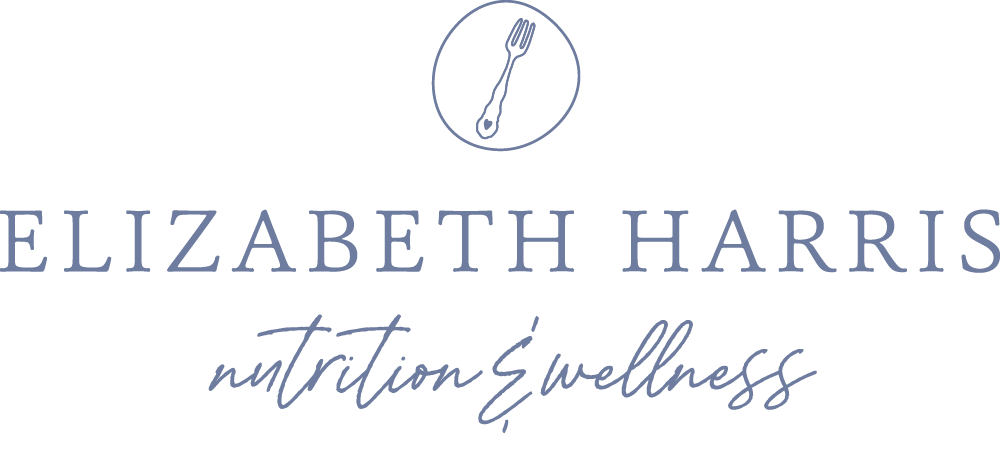3 Ways to Protect Yourself From Dieting and Diet Culture
Sadly, we’re heading into the most toxic time of the year in diet culture. We’re about to be bombarded with endless advertisements promoting fad diets, weight loss programs—including diets, supplements, detoxes, teas, and more—and other messaging that aims to make us feel badly in or about our bodies.
That is, after all, how diet culture profits … by seeding and then exploiting body-based insecurities.
How to Protect Yourself From the Allure (and Harm) of Diet Culture
Whether you’re feeling the pull to diet or just want to explore how to boost your food and body resilience in the face of diet culture, here are three activities you may find helpful:
1. Purposefully unsubscribe from all things diet culture.
Turn off radio and TV advertisements centered around weight loss or dieting. Unfollow, block, or mute accounts or people on social media who promote weight loss products, diets, before and after images, or anyone who fear-mongers about food, weight, or health. Throw out your diet books and unsubscribe from your weight loss membership emails.
Ask yourself this simple question: Does this person, program, conversation, or account make me feel better or worse about my body? If it’s the latter, do what you can to opt out.
When it comes to social media, the more you unfollow, block, and mute diet culture accounts, the less of them the algorithms will show you, especially if you replace them with Intuitive Eating, weight neutral, and body positive accounts instead. (Let me know if you’d like some suggestions … I’d be happy to share!)
2. Remind yourself of the facts and non-judgmentally reflect on your personal experiences.
Evelyn Tribole, one of the founders of Intuitive Eating, has said that the diet industry is the only industry that sells a product that doesn’t work and then convinces the buyer that it’s their fault when they don’t get the result they were sold.
The research is abundantly clear that dieting does not result in sustained weight loss for the overwhelming majority of people. This brand-new review looking at a whopping 122 studies, 22,000 people, and 14 name-brand diets found that while some of the diets offered modest weight loss at 6 months, any observed weight loss and cardiovascular improvements largely vanished by month 12.
If you’ve dieted in the past and lost weight, I invite you to explore whether or how long that weight loss was maintained. If you ultimately regained the weight, perhaps it's time to reframe your thoughts on whether that diet actually “worked.”
Be sure to remember that people don’t fail diets, diets fail people. In other words, it’s not your fault that dieting doesn't work!
3. Put your scale away.
This one may feel difficult, I know. But it’s possible to live a long and healthful life without knowing your weight.
Ask yourself honestly what impact the scale has on your life. Do you hyper-monitor the scale daily? Does the number you see impact your mood or change the tone of your day? Does that number influence what you eat or how you move?
For example, if you see a number you like, are you more likely to give yourself a break and to “cheat” with your food choices? Conversely, if you don’t like the number you see, do you start to wonder why you’re even bothering to go to the gym or to eat a salad? If so, the scale may be undermining your health and wellbeing.
If you don’t feel ready to break up with the scale permanently, try scaling back how often you weigh yourself bit by bit. For example, instead of weighing in daily, try for every other day to start. Or, if you’re ready for a slightly bigger step, consider putting it away until sometime after the New Year and just see how that feels for a bit.
Finally, remind yourself loudly and often that health and weight are not the same thing. Healthful behaviors may not result in weight loss, but they still promote health! 🎯
Want more help with facing diet culture and feeling good throughout the holidays? Read A Simple Tool to Help You Eat Intuitively and Feel Good Throughout the Holiday Season.
